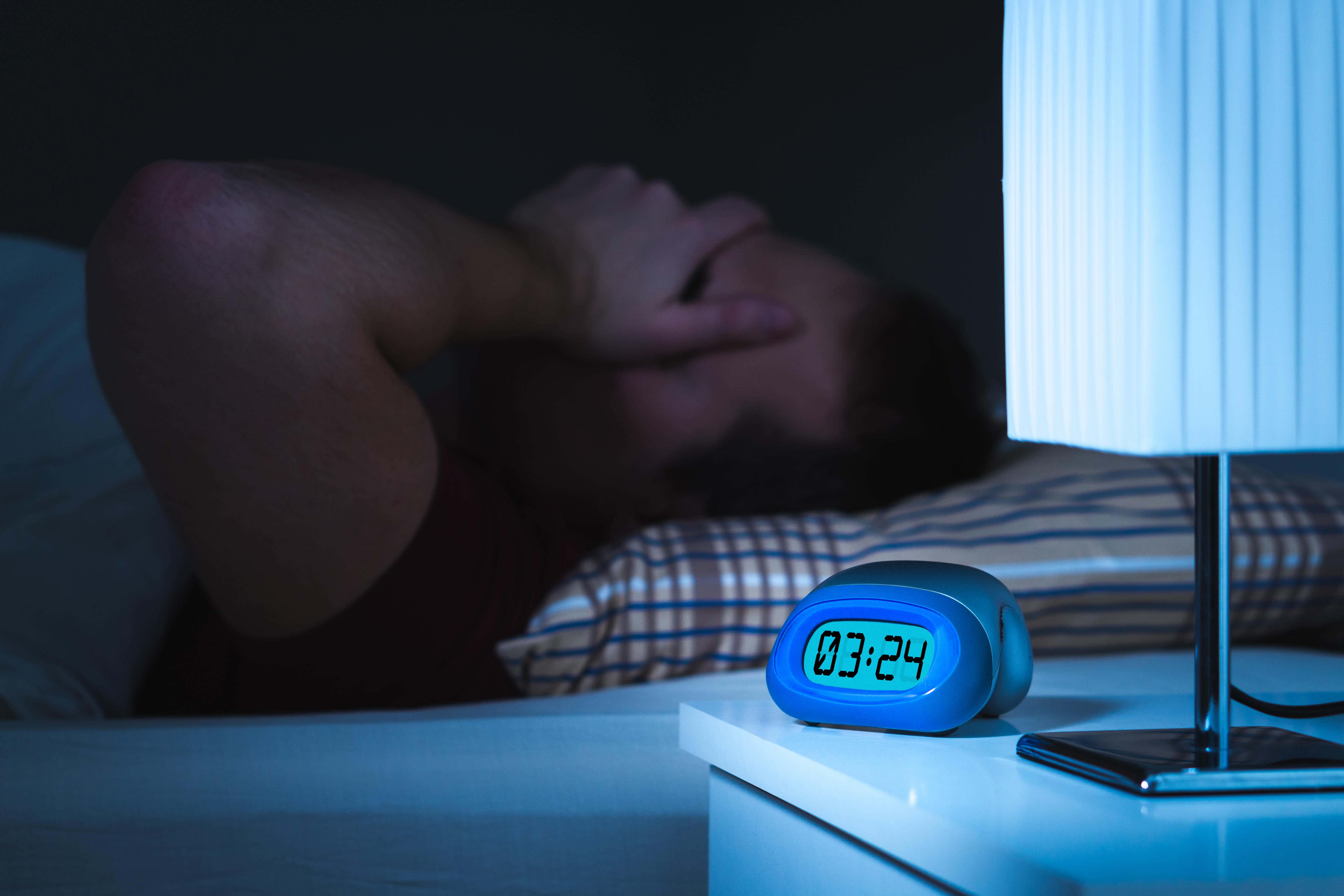Study shows 20 minutes of exercise can boost brain power after bad night’s sleep
Scientists highlight that studies show 40% of the world’s population does not get enough sleep, which is fundamental to a healthy lifestyle.

Doing 20 minutes of exercise can boost your brain power after a bad night’s sleep, according to a new study.
Researchers from the University of Portsmouth have found that cognitive performance (CP) improves following a bout of moderate intensity exercise regardless of how well they have slept.
The scientists highlight that studies show 40% of the world’s population does not get enough sleep, which is fundamental to maintaining a healthy lifestyle.
Dr Joe Costello, from the university’s School of Sport, Health & Exercise Science (SHES), explained that exercise could help overcome drops in brain performance caused by not getting enough sleep.
He said: “We know from existing research that exercise improves or maintains our cognitive performance, even when oxygen levels are reduced.
“But this is the first study to suggest it also improves CP after both full and partial sleep deprivation, and when combined with hypoxia.
“The findings significantly add to what we know about the relationship between exercise and these stressors, and help to reinforce the message that movement is medicine for the body and the brain.”
The study, published in Physiology and Behaviour, involved two experiments, each with 12 participants.
The first looked at the impact of partial sleep deprivation on a person’s cognitive performance, and the second examined the impact of total sleep deprivation and hypoxia (oxygen deprivation).
In both, all participants experienced an improvement in cognitive performance after a bout of 20 minutes of cycling.
The study suggests that exercise may improve CP because it facilitates changes to the amount of brain-regulating hormones, as well as psychophysiological factors including cerebral blood flow, arousal and motivation.
The study was a collaboration between the University of Portsmouth, University of Chichester, University of Surrey, Teesside University, The University of Electro-Communications in Tokyo, Japan, and Sao Paulo State University in Brazil.
Bookmark popover
Removed from bookmarks